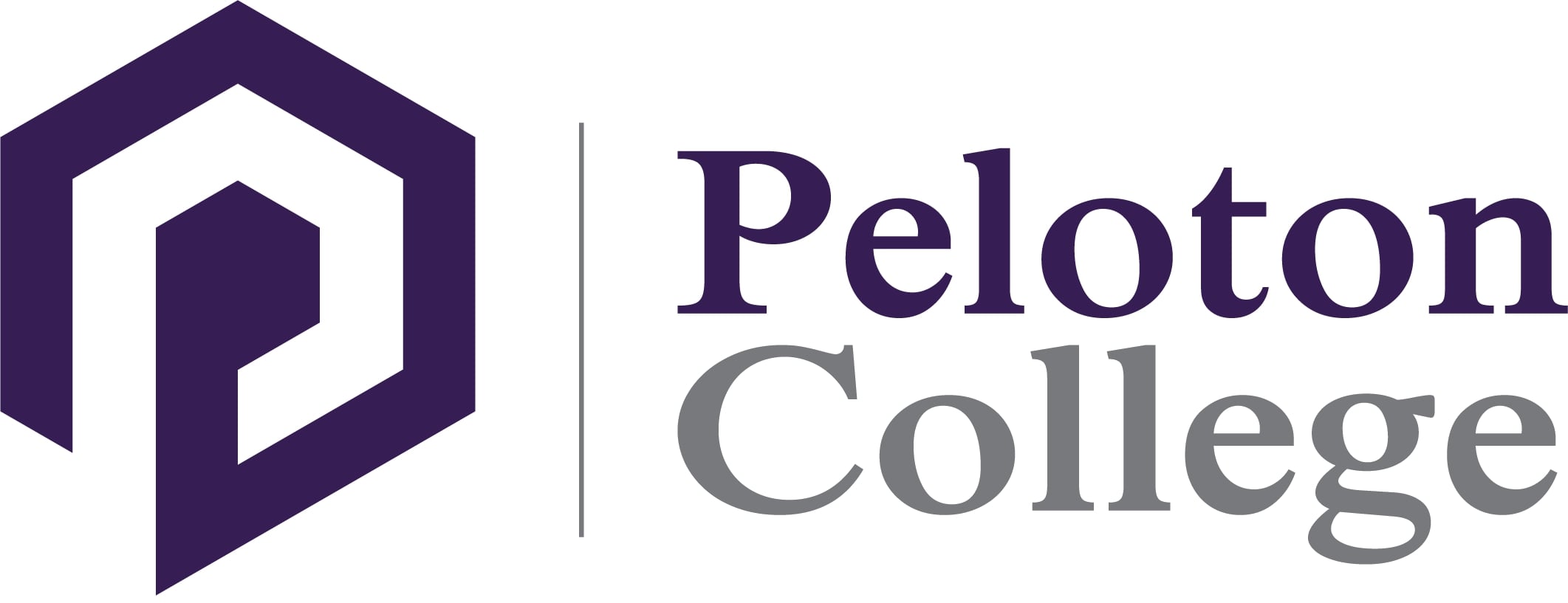Can I Self-Study for CompTIA?

Our entire culture is shaped by technology in many ways. And jobs, career paths, and companies related to information technology are continually growing and changing to match those trends. All of this makes a career in IT especially intriguing, and many people find themselves curious about careers as IT specialists.
What Do IT Specialists Do and How Do They Prove Their Proficiency?
IT specialists have a unique role in the world of information technology. Many people working in IT have a singular focus, and their duties reflect that fact. For example, an ethical hacker will primarily focus on potential risk factors within a company’s security policy. However, an IT specialist needs to work within multiple disciplines. So, it’s especially important for IT specialists to have a solid grasp of IT fundamentals.
Basic IT Fundamentals
IT specialists haven’t just learned how to use specific technologies, but they’ve mastered the fundamental skills that will let them take on the challenges presented by any newly encountered system. Part of preparing for a career as an IT specialist involves learning how to learn. IT specialists learn how to understand the basic components which comprise the fundamental elements of most IT-related technologies. All of this comes down to one of the most important parts of an IT specialist’s job. It’s a position where someone can see a tech problem, devise a solution, and then implement it. IT specialists are often called on to solve a wide variety of technological puzzles and problems.
Networking & Security
This isn’t to say that IT specialists are only a jack of all trades. IT specialists also have a high level of expertise with specific responsibilities related to their workplace. This means that they’ll have a strong grasp of networking and security.
Both of those skillsets are useful when IT specialists take on support roles within a company. The job involves helping people with a less technical background use and understand new technologies. For example, they might show coworkers how to use a new messaging system. However, the IT specialists wouldn’t just cover simple usage scenarios, but they’d also point out security concerns and best use practices to avoid infecting systems with a computer virus, worm, trojan, or other threat.
Technology Implementations
An IT specialist is essentially one of the public faces of an IT department. The IT specialist might help coworkers with any given technical issue. And at the same time, an IT specialist might handle IT-related tech rollouts or implementations.
IT Certifications
Showing mastery of such a broad range of skills isn’t always easy, and that’s why certifications are so popular within the IT industry. Employers looking for particular skillsets can look at an applicant’s certification status. CompTIA is notable within the tech industry for the strength of its certifications. CompTIA has a reputation for accurately measuring an IT specialist’s grasp of any given technology. When a job applicant has a CompTIA certification then it’s quite clear that they’ve mastered the relevant skills.
What Are the Important CompTIA Certifications?
CompTIA is far from the only certification body in the world of information technology. However, it’s safe to say that they’re considered to be the most important. CompTIA was one of the first groups to recognize the growing importance of information technology within the larger workforce. The trade association was created in 1982, a time when home computing was still in its infancy. Even business use was largely primitive in comparison to today’s sprawling intranets. However, CompTIA saw that information technology was poised to take on a new role within the larger economy.
CompTIA’s vision for the future ensured that they were able to offer certifications for a wide variety of IT-related subjects as the need arose. The fact that CompTIA is a non-profit also helps ensure that they’re vendor-neutral and look toward the industry rather than just the output of any one company. The result is that CompTIA stands as a trusted authority within the larger industry. Any one of their certifications can be relevant to IT specialists, but the following certifications are especially useful for entry-level IT specialists.
CompTIA A+
CompTIA’s A+ certification touches on almost every IT-related topic. It’s often the first certification pursued by those interested in IT. This is because A+ certification highlights a basic grasp of the industry. It doesn’t go into tremendous depth in any one subject. However, it instead highlights that a certification holder can work on a basic level with almost anything related to IT. This ranges from working on the hardware inside servers or desktop systems to installing operating systems or managing security on Internet of Things devices. The A+ certification ensures that IT specialists can work in almost any area of a company’s larger IT infrastructure.
Network+
CompTIA’s Network+ certification pushes past the initial range of networking topics covered by the A+ certification exam. It highlights some of the more advanced subjects related to networking. The certification also leans further away from basic maintenance and into the realm of design and expansion. Certification holders aren’t just able to work with large enterprise-level networks. They also understand the design principles behind those networks. Additionally, Network+ touches on the various security measures needed to initially harden and monitor networks.
Security+
Security+ certification covers a wide range of material related to digital security measures. This intersects with many of the subjects covered in the A+ and Network+ certifications. Both of those certifications touch on security measures for every relevant subject. However, those topics are covered in a functional sense. Security in those certifications is presented as explanatory material for the main subject matter. Security+ focuses on digital security as a central concept. It uses security as a lens with which to look at every other tech subject.
Security+ certification is especially relevant to IT specialists given the continually escalating threat posed by hackers. Every company needs to stay on top of digital security and ensure that all employees understand best-use practices. Security+ certification proves that an IT specialist understands digital security at a level where they can teach and assist coworkers.
Can I Self Study CompTIA?
Anyone can sign up to take the CompTIA exams, but can they pass the exams by learning the material on their own? While this is technically possible, it’s generally not a very efficient way to go about the process. Formal education is an easier and more efficient path to CompTIA certifications.
Why Formal Education Is Better for CompTIA Than Self-Study
One of the most important benefits of formal education is that people are inherently unaware of what they don’t know about any given subject. For example, consider someone who’s worked with x86/x64-based computers their entire life. They may well think that they know everything about computers, and they might be correct in their self-assessment when it comes to that specific architecture. However, they might not know anything about all the other hardware architectures out there. And because those platforms never crossed their path, they aren’t even aware of the fact that they don’t know anything about them. This general principle applies to almost every aspect of the IT industry. The technological landscape is always evolving and changing, and this means that there’s countless variations and important, but somewhat obscure, subjects.
A Complete Curriculum
Formal education, as the name suggests, also excels in presenting a formalized approach to the subjects on CompTIA’s exams. These exams are notoriously wide in their overall scope. This complexity is part of why CompTIA certification is so highly regarded in the industry. However, it can make self-studying for those exams a difficult and stressful process if you’re trying to do it on your own. Formal education provides a firm structure that ensures you’ve properly covered every subject you’ll encounter within the exams.
Industry Experienced Instructors
Formal education provides an invaluable resource, other people. Most people can get a better grasp of subjects when they have a broad social context to help them appreciate different views. Formal education provides that in several different ways. The instructors are the most obvious example.
An instructor is an expert on the CompTIA exams and how it applies to real-world situations within the workforce. The availability of an expert with this background is an invaluable advantage. So, you’re not just memorizing facts, but you’re also learning how all those ideas are incorporated into complex real-world scenarios.
Like-Minded Classmates
The social element also extends to the class structure. Not having the ability to see our own blind spots is what classmates can help us identify. When we’re part of a social environment we’re constantly presented with different views of the same material. This gives us a chance to more accurately gauge our understanding of the various subjects brought up in class.
It’s much easier to know if you’ve fully grasped a subject by talking it over with classmates, and the smaller class structure involved with CompTIA also provides ample opportunity for these types of discussions. Both with classmates and in a group environment with the instructor.
Final Thoughts
Ready to supplement your self-study with a formal education in CompTIA. At Peloton College, you will gain a complete curriculum in IT fundamentals as well as security and networking. We support you as you reach for your dreams and prove your proficiency in information technology. Take the first step toward a career in IT, and we will be with you every step of the way.
Want to Learn More?
Under this Information Technology training program, you will learn Network Administration and how to build, troubleshoot and maintain computer systems. You will also learn to build networks to specifications using Cisco routers and switches. The Information Technology Support Professional program at Peloton College will prepare you to sit for the following certifications: including CompTIA A+, Network+, Security+, CCNA, CWNA and ITIL foundation certifications.
The mission of Peloton College is to be the premier provider of hands-on training and education by providing you with the necessary skills to secure occupational careers. Contact us today to learn more.



